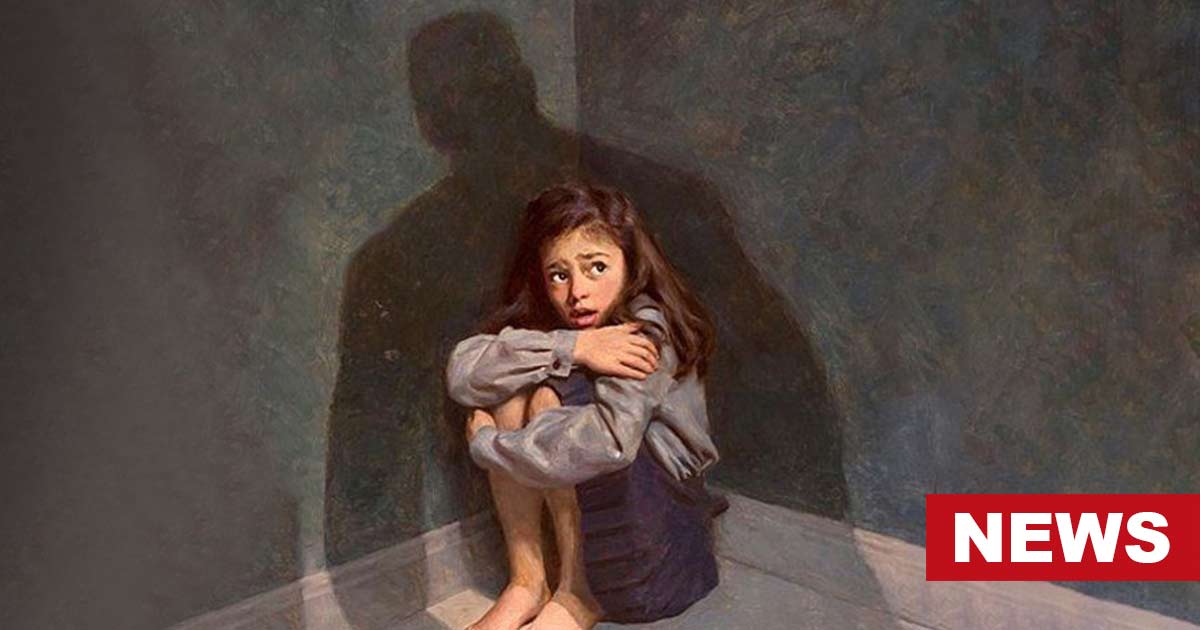A groundbreaking study conducted by researchers from King’s College London and the City University of New York delves into the intricate question of how to best heal child abuse victims. The study, published last week in JAMA Psychiatry, focuses on the memory recall of adults who were mistreated in childhood and explores the subsequent psychological aftereffects.
Over the course of 15 years, researchers interviewed a group of 1,196 American adults about their levels of anxiety and depression. Unbeknownst to the participants, 665 individuals were selected based on court records indicating incidents of childhood maltreatment such as, physical abuse, sexual abuse, or neglect before the age of 12.
What emerged as a significant finding was that not all participants who had experienced abuse reported it during the interviews. This distinction proved pivotal in understanding the psychological impact of childhood mistreatment.
The study revealed that the 492 adults who were child abuse victims, supported by court records, displayed significantly higher levels of depression and anxiety compared to a control group with no documented history of abuse.
Dr. Andrea Danese, a professor of child and adolescent psychiatry at King’s College London and one of the study’s joint authors, emphasized, “It goes back to almost the stoic message, that it’s what you make of the experience. If you can change how you interpret the experience, if you feel more in control at present, then that is something that can improve mental health in the longer term.”
Dr. Danese’s 2019 meta-analysis of 16 studies on childhood maltreatment revealed a complex relationship between recalling childhood memories and abuse.
It found that 52 percent of individuals with documented childhood abuse did not report it during interviews, and 56 percent of those who were mistreated in childhood had no official record of it. Factors such as measurement limitations and the influence of anxiety and depression levels contribute to this discrepancy.
While caution must be exercised in interpreting these findings, Dr. Danese highlighted the significance of adults with documented abuse history who did not report it due to gaps of childhood memories, different interpretations, or a choice not to disclose these memories. Surprisingly, these individuals appeared to have better mental health over time, suggesting that the meaning given to experiences plays a pivotal role.
The study’s implications challenge prevailing therapeutic approaches for the reliability of memories of child abuse which can alleviate depression and anxiety. Dr. Danese warns against interpreting the results as an endorsement of avoiding distressing childhood memories, as this may intensify their long-term impact.
Instead, he advocates for therapies that aim to “reorganize” and moderate memories, allowing individuals to feel more in control and reducing the perceived scariness associated with distressing memories.
David Finkelhor, the director of the Crimes Against Children Research Center at the University of New Hampshire, suggested that early abuse may manifest as emotional regulation difficulties, feelings of worthlessness, or, in the case of sexual abuse victims, the urge to provide sexual gratification to others.
Psychologist Elizabeth Loftus, known for her skepticism about abuse memories, highlights the study’s omission regarding the potential healthiness of forgetting abuse. This aspect warrants further investigation.
The study offers new insights into the impact of memory recall on the well-being of childhood abuse survivors, emphasizing interpretation and reliability of memories of child abuse in therapeutic approaches. Further research is crucial for refining strategies and supporting the child abuse victims who were affected by childhood maltreatment.


